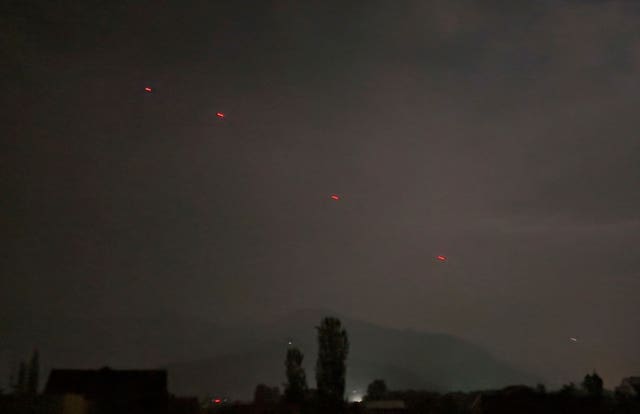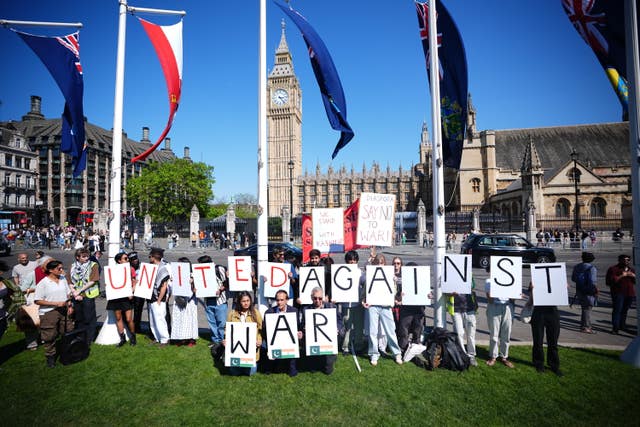India and Pakistan appear to blame each other for ceasefire breaches
It was announced on Saturday that the two countries had agreed a truce, following talks led by the US.

India and Pakistan appear to have blamed one another for breaching a ceasefire, hours after Foreign Secretary David Lammy urged them to sustain the agreement.
It was announced on Saturday that the two countries had agreed a truce, following talks led by the US.
Earlier in the day, Mr Lammy had said the ceasefire between India and Pakistan was “hugely welcome”.
His sentiments were echoed by Prime Minister Sir Keir Starmer, who said he was “pleased” to see a ceasefire and the focus should be on it being made “enduring and lasting”.

However explosions were reportedly heard just hours after the ceasefire was announced.
Indian foreign secretary Vikram Misri said late Saturday that “there had been repeated violations of the understanding arrived between the two countries” on ceasing fire, and accused Pakistan of breaching the agreement.
“We call upon Pakistan to take appropriate steps to address these violations and deal with the situation with seriousness and responsibility,” Mr Misri said at a news conference in New Delhi.
Pakistan’s foreign ministry said they “remain committed to the ceasefire” and appeared to blame India for violations.
Posting on X earlier on Saturday, Mr Lammy said: “Today’s ceasefire between India and Pakistan is hugely welcome.
“I urge both parties to sustain this. De-escalation is in everybody’s interest.”
The Associated Press reported on Saturday that multiple explosions had been heard in two cities in India-controlled Kashmir just hours after the deal was announced.
It also reported gunfire being heard from locations along the Line of Control.
The first news of the truce was broken by US President Donald Trump, who wrote on Truth Social that an agreement had been reached after a “long night of talks mediated by the United States”.
“Congratulations to both Countries on using Common Sense and Great Intelligence,” he said.
During a silent vigil in London on Saturday, organisers from the South Asia Solidarity Group (SASG) said the ceasefire “can only be the first step” towards a “real, meaningful peace”.
Demonstrators held up placards in Parliament Square that spelled out the words “United against war” during the vigil.

Other signs read “We stand with Kashmir” and “Diaspora, say no to war”.
Speaking to the crowd, Kalpana Wilson from SASG said: “We’ve got families in India and Kashmir and Pakistan, we’ve got friends who we’ve been very, very worried about in recent days, so there’s definitely something to celebrate.
“But we are also coming together to demand a real, meaningful peace – a ceasefire can only be a first step.”
Ms Wilson said the next step was de-escalation, which included reinstating the Indus water treaty.
Violent clashes between the two countries were sparked after gunmen killed 26 people, mostly Hindu tourists, in Indian-controlled Kashmir last month.
India has accused Pakistan of being behind the murders, which Islamabad denies.
Kashmir has been a contested territory between Pakistan and India since 1947 and the two nuclear-armed neighbours each run part of the region but claim ownership of it all.





